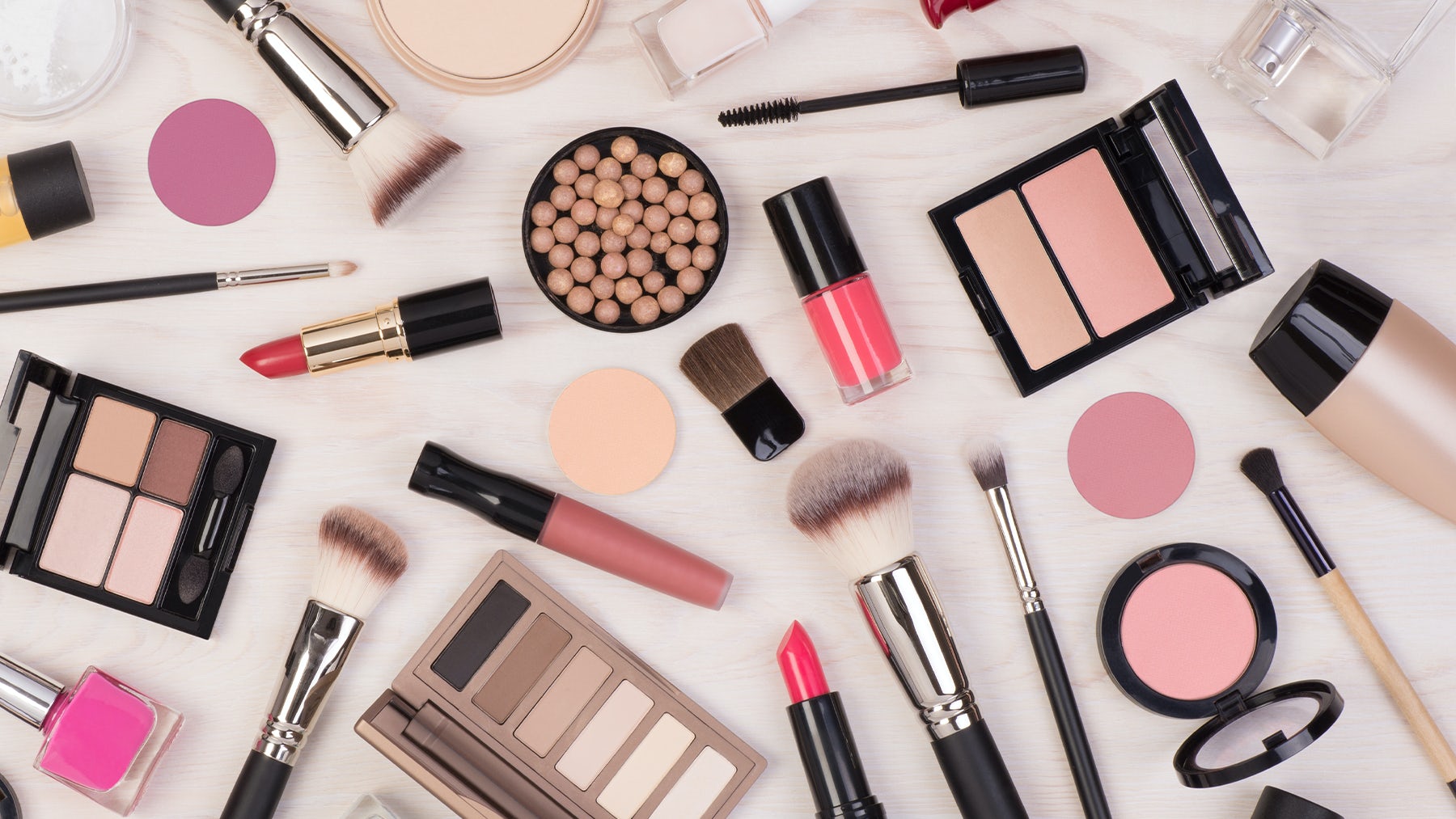LISTEN TO THIS ARTICLE:
If you search anything about aging on social media platforms, you’ll quickly discover a troubling pattern. As I was researching this article came across numerous pages that offer skin care routines “guaranteed” to stop the signs of aging. The remedies vary from intense cleansers to retinol treatments and serums, to a recommendation that urine be used to cleanse the face.
Likewise, fitness over 30 years old is its own category. Extensive workouts and diet plans and medications to remain thin and feel youthful extend across the platform. Hundreds of social media accounts are dedicated to health and beauty, but the message on many is clear: One must do anything to stop the aging process. Unrealistic beauty standards may be promoted, leading to feelings of inadequacy or pressure to conform to certain expectations.
What is ageism?
“Ageism is defined as discrimination against older people because of negative and inaccurate stereotypes—and it’s so ingrained in our culture that we often don’t even notice”8. And I would add that anti-aging sentiments are popping up on Instagram, TikTok, and Twitter – all social media. These platforms can be dangerous not only to the mature viewer, but to teenagers and young adults alike. Advertisements and content that promotes anti-aging products or procedures can contribute to the negative portrayal of aging. These messages may imply that aging is something we need to avoid or reverse, fostering a culture of fear and insecurity.
First, many of the stereotypes about aging are factually incorrect. These stereotypes may include assumptions about physical appearance, cognitive abilities, or relevance in modern society, contributing to ageist attitudes. Older individuals may feel underrepresented or ignored on some social media platforms. This lack of representation can contribute to feelings of isolation and exclusion, reinforcing negative perceptions of aging.

Stigma in social media
Social media can sometimes perpetuate stigmas associated with aging. These include assumptions about technological competence, adaptability, or the ability to contribute meaningfully to discussions. In an “Ok, Boomer” world, those who are older may feel dismissed rather than celebrated for their life experiences. From this, instances of discrimination or exclusion based on age can occur in online communities. This may manifest as age-related comments, exclusionary language, or dismissive attitudes toward the opinions and experiences of older individuals.
One group of researchers did a study of Twitter to see if anti-aging sentiments were prevalent on this platform. What they found was that the language used on Twitter “reinforce[d] negative discourses of age and aging that locate older adults as disempowered [and] vulnerable.”1 Old age is seen as “something that needs to be resisted, slowed or disguised.”1 The study also found that “younger people tend to hold less positive perceptions about older people.”1
Fear of aging
The fear of aging is one that is most unique to the 20th and 21st centuries. “We are perhaps the most death-denying generation in human history, having grown up in surreal conditions of modernity,” Sheldon Solomon, professor of psychology at Skidmore College, says. Researchers Fang and Comey believe that the fear of aging is actually a fear of the unknown. “Many people in the contemporary west see growing old as undesirable and even scary. Research shows, however, that anxiety about aging may in fact be fear of the unknown”.3
Society’s focus on remaining youthful is causing anxiety in many younger people. Younger people see aging as “becoming weak and unwanted”.3 Other common fears are the fear of becoming undesirable, the fear of sickness and pain, the fear of losses, and ultimately the fear of death.2 The first, fear of becoming undesirable, is a fear that companies are exploiting. “Anti-aging products reinforce the idea that growing older is inherently unattractive”.3
Targeted marketing
Everyone ages differently, and many doctors recommend that people of all ages use sunscreen and moisturizer. However, “anti-aging skin care products, such as moisturizers and serums, will never be able to stop aging”.5 The American Academy of Dermatologists recommends that people establish an anti-aging skin regimen in their 40s and 50s. That’s a far cry from what social media is selling to teens and 20-somethings. While products that contain Vitamin C are fine for 20–30-year old’s, retinols and alpha-hydroxy acids (AHAs), which include AHA peeling masks, are not appropriate for younger skin. While these are effective for 40 year old’s, teenagers should avoid using these harsh products as they can damage the skin.
Along with anti-aging skin care, anti-aging diets are also popping up on social media. “The growing availability of products labelled ‘superfoods’ has been a major marketing success story. While little scientific evidence supports the claims regarding the health-enhancing, age-defying benefits to be derived from the consumption of superfoods, marketers have been able to effectively promote these products for what they promise”.6 While a healthy diet is important at all ages, diets specifically promising to turn back the hands of time are mostly unresearched and unfounded. “The advertising industry, which constructs for consumers the ideal lifestyle… play a key role in teaching consumers how and what to consume”.6 While many anti-aging products and foods are advertised in media, including social media, their main goal is monetary.
Fear for profit
The goal of beauty-focused companies is to sell their products. Often these products are untested or tested on people with mature skin so buying anti-aging creams and serums as a teenager is a risky endeavor.
“’Beauty products sell best when they create a feeling of fear and vulnerability,’ says Renee Engeln, a psychology professor at Northwestern University and the author of Beauty Sick: How the Cultural Obsession With Appearance Hurts Girls and Women. ‘The sooner they can get young girls worried about another thing that might go wrong with their appearance, the more they can sell,’ Engeln says. ‘And if you can start selling anti-aging creams earlier and earlier, it’s a way to grow market share and to build loyalty early to your brand.’”7
Teens and young adults need to recognize that the products they are slathering on their faces will not keep them from aging, but it will keep them life-long consumers, and that’s the name of the game.
Knowledge is power
So how can we address this? Awareness is the first step—awareness that these products and diets may be harmful; awareness that companies are manipulating teens and creating anxiety in order to sell their products; and most importantly that aging is a natural part of life that should not be feared. Social media can be instrumental in solving this problem.
Some social media platforms celebrate aging, with users sharing positive experiences, accomplishments, and milestones as they age. This can include celebrating birthdays, anniversaries, and achievements in different life stages. There is also a growing movement on social media promoting body positivity and self-love at any age. Users share images and stories that challenge societal norms around beauty and aging, encouraging a more inclusive and accepting view of bodies in various stages of life.
Changing attitudes
Influencers and celebrities often play a role in shaping perceptions of aging on social media. Some influencers use their platforms to challenge stereotypes and promote a healthy view of aging, while others may contribute to unrealistic beauty standards. Social media can also be a space where individuals share the challenges and realities of aging. This may include discussions about health issues, caregiving, and other aspects of the aging process, fostering a sense of community among those facing similar experiences. This would allow younger users to have a more realistic view of aging, lessening the fear of many younger viewers. Social media platforms can also provide opportunities for intergenerational connections, with older individuals connecting with younger generations. This can lead to the exchange of ideas, perspectives, and mutual support.
The negative portrayal of aging on social media is not universal, and many users actively work to challenge these negative trends. However, awareness of these issues is crucial for fostering a more inclusive and positive online environment for individuals of all ages.

 Learn
Learn Read Stories
Read Stories Get News
Get News Find Help
Find Help
 Share
Share
 Share
Share
 Share
Share
 Share
Share



